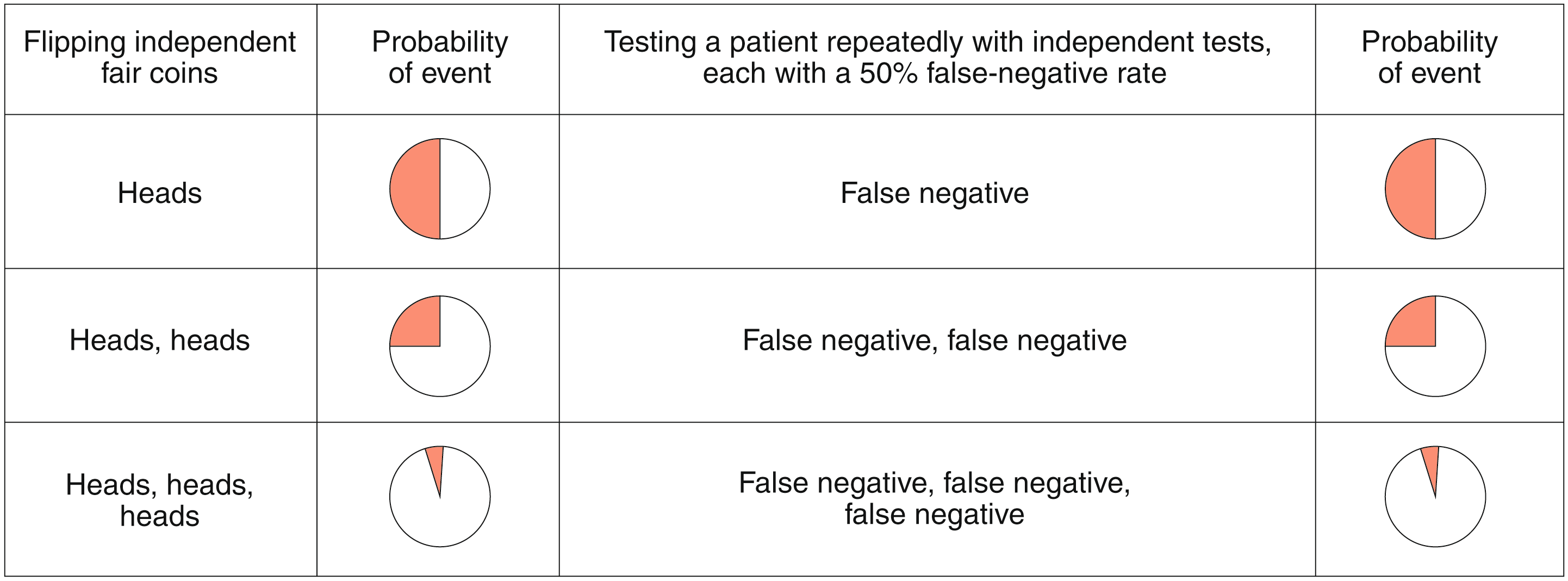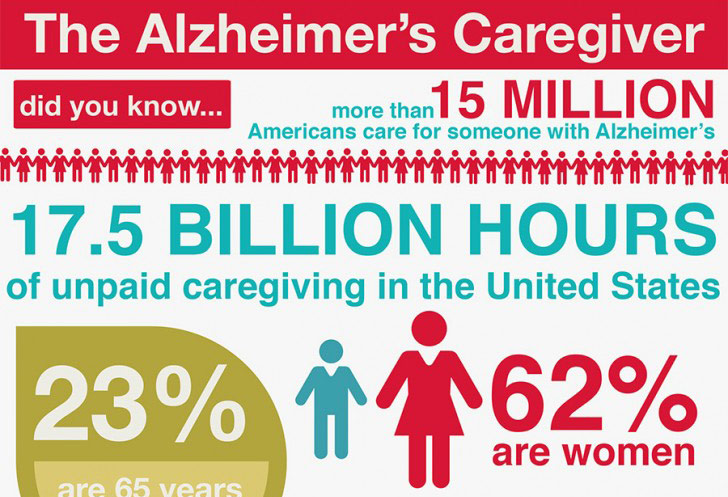
The cost of home health aides varies by state. While Medicare does not cover home health aide services, demand for these services is growing as baby boomers age. This article explains how to become a certified home health aide and discusses the different costs. There are several factors to consider when making a decision about whether to hire a home health aide. Read on for more information. For disabled and elderly persons, a home health aide can be a great asset.
Medicare doesn't cover home-health aides
Medicare-certified home aides can offer a range of personal care services for patients who have difficulty dressing or bathing. These services are not typically covered by Medicare. However some cases may qualify for coverage. Medicare beneficiaries must prepare a plan, which includes the types and frequency of the services to be provided, the supplies required, and the expected results. The plan should also state that the services provided will only be part-time skilled nursing. To offer Medicare-certified services, the home healthcare agency must also be Medicare certified.
If an ongoing plan includes home health services, they can be added to a person's Medicare plan. Part A includes home health services that include feeding tube care or medication injections. But, personal care and nursing at home cannot exceed eight hours per hour or 28 hours per semaine. A Medicare-certified home care agency can determine if you are eligible for Medicare coverage.

As the baby boomers age, there is more demand for home care.
As the Baby Boomer ageing population continues, so will the demand for home care services. Currently, there are more than 74 million baby boomers contributing to the U.S. economy and aging population. As the baby boomers grow older, they will probably choose to stay at home. 89% of those individuals are over 50 while 97 % are over 65.
According to the U.S. census, there will now be 83.7 million seniors by 2050. This compares with 43.1 million people in 2012. This rapid increase in the population will have a major impact on healthcare. The American Hospital Association estimates that by 2030, nearly 25% of boomers will suffer from diabetes. A third of all baby boomers will be overweight, while nearly half will suffer from some form of chronic disease. This group is at risk of falling for scams or loneliness. A new generation of healthcare technologies is also possible thanks to the boomers' ageing population.
Costs for home healthcare aide services can vary from one state to another
The costs of home care aide services can vary by state as well as the availability and cost of care providers. Typically, home care services are provided in two to four-hour blocks, and prices are usually higher during evening hours, weekends, and holidays. The cost of care is not only dependent on the distance to the patient's residence, but also the transportation costs. The cost of home care can be higher if there are fewer providers in densely populated areas. Seniors in rural areas might end up paying more for in-home care than the national average.
Medicare and Medicaid share some of the costs associated with home healthcare services. However, the state coverage can vary. Medicare, for example, covers the cost of nursing home care and some short-term acute care. Medicaid on the other hand provides greater coverage and allows home health aides to work from home with greater freedom and flexibility. Many states also offer consumer-directed care riders, which cover the wages for home health aides. These programs also pay caregivers an allowance.

Training requirements to become a home health aide
In Washington, DC, the bare minimum for a home health aide is 16 hours of on-the-job training. Many states have additional training requirements. You must pass a competency test, complete a criminal background check and pay an application fee to become a Washington, DC home health aide. Private companies do not reimburse Medicare for training costs.
You have many advantages when you become a New York-based home health aide. You can provide quality care in your own home instead of being admitted to a nursing home. While the training requirements for this job are similar to other medical careers, the education and experience needed to become a home-health aide vary from one state to another. A high school diploma and some practical training are usually required. Some hospice and home health agencies require formal training, and may also require a standardized test to hire aides.
FAQ
What are medical systems and what do they mean?
Medical systems are designed so that people can live longer, more fulfilling lives. They ensure that patients get the best care possible when they are in need.
They make sure that the right treatment is provided at the right time. And they provide the information needed for doctors to give the best possible advice on what treatment would suit each patient.
What is the distinction between public and private health?
In this context, both terms refer to the decisions made by policymakers or legislators to create policies that affect how we deliver health services. A decision to build or renovate a hospital could be taken locally, regionally, and nationally. Local, regional, and national officials may also decide whether employers should offer health insurance.
What are the health services?
Patients must know that they have easy access to quality healthcare. No matter whether you require an urgent appointment, or a routine exam, we are available to help.
We offer many types of appointments including walk-in surgery, same-day operation, emergency department visits, outpatient procedures and so on. If you live far away from our clinic, we can also provide home health care visits. You don't have to come into our office if you don’t feel at ease. We'll make sure that you receive prompt care at the local hospital.
Our team is made up of nurses, doctors and pharmacists as well dentists. We are committed to providing outstanding patient service. Our goal is to make your visit as comfortable and painless possible.
Statistics
- Foreign investment in hospitals—up to 70% ownership- has been encouraged as an incentive for privatization. (en.wikipedia.org)
- Healthcare Occupations PRINTER-FRIENDLY Employment in healthcare occupations is projected to grow 16 percent from 2020 to 2030, much faster than the average for all occupations, adding about 2.6 million new jobs. (bls.gov)
- Price Increases, Aging Push Sector To 20 Percent Of Economy". (en.wikipedia.org)
- Consuming over 10 percent of [3] (en.wikipedia.org)
- About 14 percent of Americans have chronic kidney disease. (rasmussen.edu)
External Links
How To
How to Locate Home Care Facilities
Home care facilities assist people who require help at home. These include elderly persons who are unable to move independently and disabled people with chronic conditions such as Alzheimer's. These services include personal hygiene and meal preparation, laundry, cleaning as well as medication reminders and transportation. They often work with rehabilitation specialists, social workers and medical professionals.
Recommendations from family, friends, and local businesses or reviews online are the best ways to find a home-care service provider. After you have identified a few providers, you can inquire about their experience and qualifications. Look for providers that offer flexible hours to accommodate your needs. You can also ask if they offer 24-hour emergency service.
Consider asking your doctor for recommendations. If you don't know how to search, try searching online for "home healthcare" or "nursing home". For example, you could use websites like Yelp, Angie's List, HealthGrades, or Nursing Home Compare.
For additional information, contact your local Area Agency on Aging/Visiting Nurse Service Association (VNA). These agencies will have a list that lists local agencies that provide home care services.
A good agency for home care is vital as many agencies charge high prices. In fact, some agencies charge up to 100% of a patient's income! To avoid this problem, you should be sure to choose an agency that has been rated highly by the Better Business Bureau. Ask for references from clients who have used your agency before.
Some states even require homecare agencies that register with the State Department of Social Services. You can check with your local government to find out which agency registration requirements apply.
Consider these factors when looking for a homecare agency.
-
Be cautious of companies that require you to pay upfront in order to receive services.
-
You should look for a well-established and reputable business.
-
If you are paying out of your own pocket, get proof of insurance.
-
Check that your state licenses the agency you are about to hire.
-
Get a written contract that outlines all costs involved with hiring an agency.
-
Confirm that the agency provides follow-up visits after discharge.
-
Ask for a list or certifications.
-
Do not sign anything without reading it first.
-
Take the time to read all fine print.
-
Insure and bond the agency.
-
Ask how long the agency has been operating.
-
Verify that the State Department of Social Welfare has licensed the agency.
-
Find out if there are complaints against the agency.
-
Call the local government agency that regulates homecare agencies.
-
Check that the answering service is certified to answer questions regarding home care.
-
Ask your lawyer or accountant for tax advice on the use of home-based care.
-
Always solicit at least three bids per home care agency.
-
Choose the lowest bid, but do not settle for less than $30 per hour.
-
Be aware that you may be required to pay for more than one visit to a local home care agency each day.
-
Always read the contract carefully before signing it.